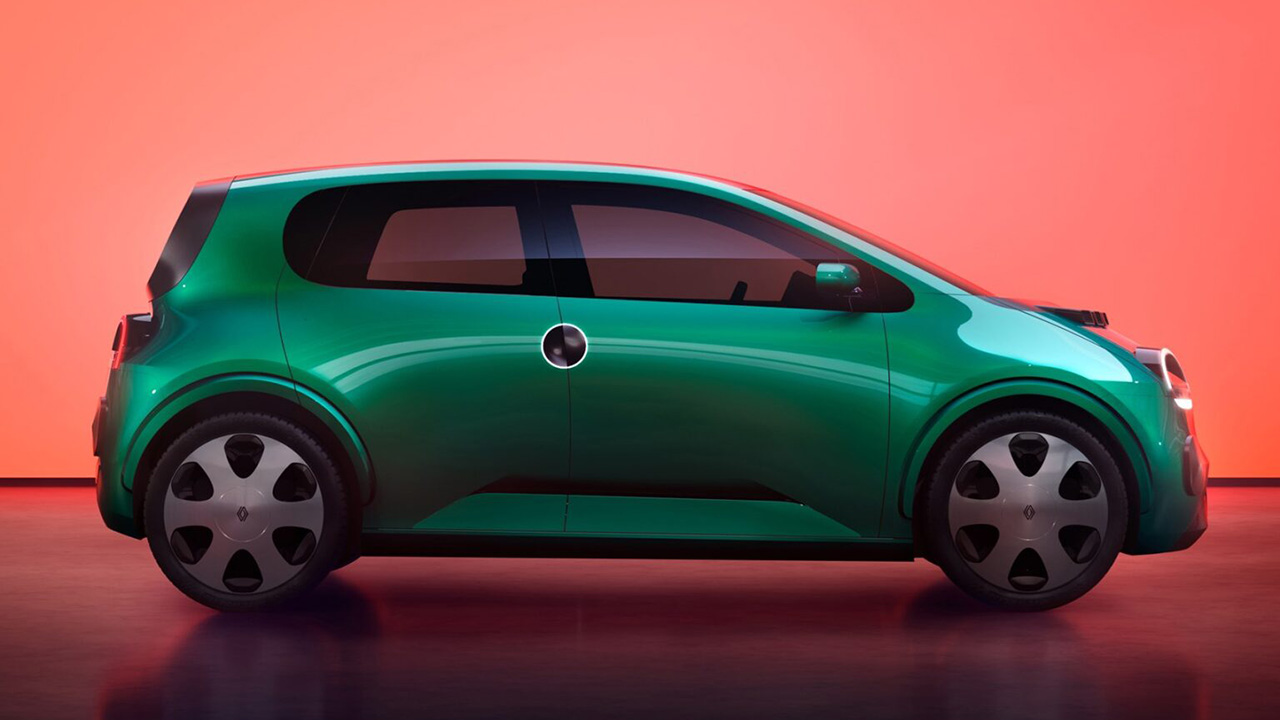The end of these talks marks a significant moment, informed by differing visions between the two automotive giants. Volkswagen’s Works Council had a hand in halting the joint progress, expressing preferences that clashed with Renault’s strategy. Specifically, disagreements arose around production locations: Renault proposed manufacturing at its own facility while Volkswagen lobbied to leverage its extensive European production networks.
Despite this setback, both companies have laid out their individual plans for advancing in the electric vehicle market. Renault still aims to release its electric Twingo by 2026 and remains open to collaborating with other partners like Nissan and Mitsubishi. On the other hand, Volkswagen is exploring alternatives to bring an economically priced EV to market by 2027, under the direction of CEO Thomas Schaefer.
The inability to come to terms has been highlighted by insiders familiar with the negotiations process. According to one source, "The companies did not succeed in finding an agreement after several months of negotiations." Another noted that "An agreement had been very close, but VW walked away from the talks and decided to develop its own car."
This development reflects broader challenges faced by European manufacturers aiming to reduce costs amid fierce competition from Chinese companies who are flooding the market with cheaper vehicles. Renault CEO Luca de Meo had hoped that such collaborations among European carmakers could create more robust defenses against these competitive pressures.
Source: Reuters

